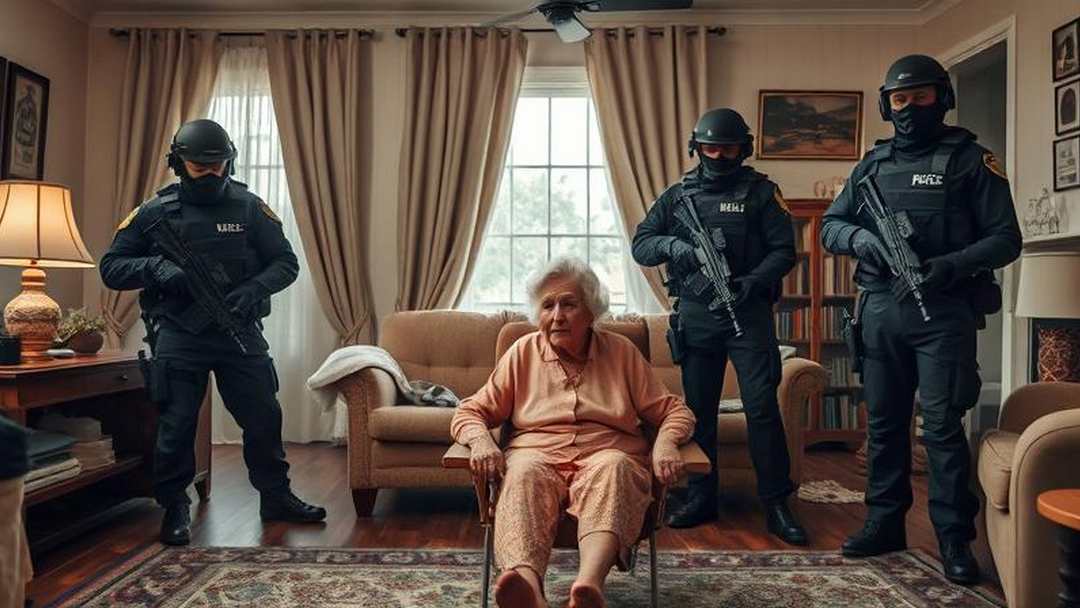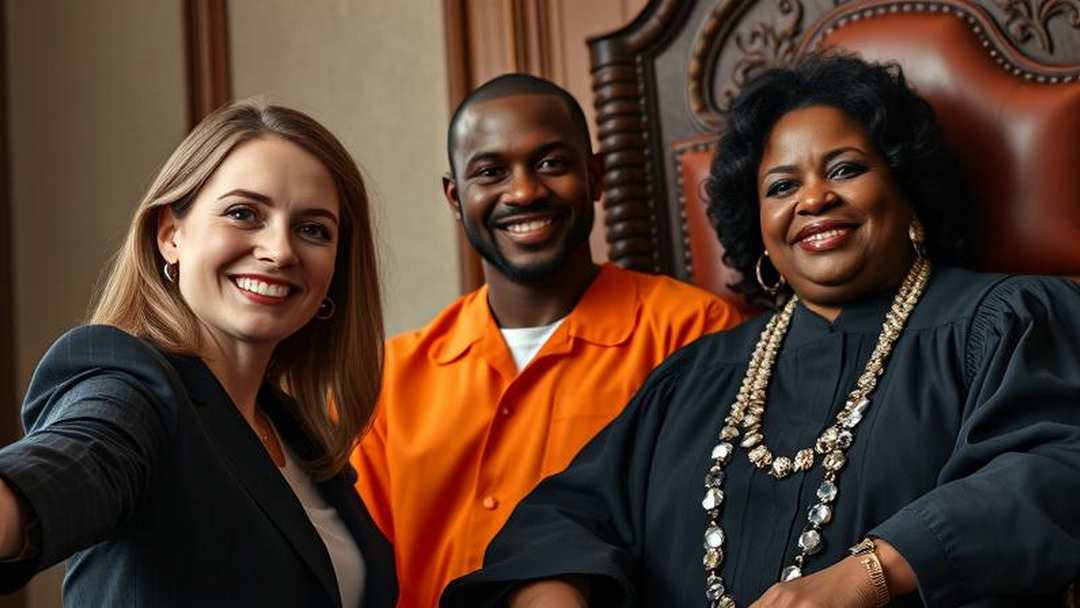Michigan Criminal Laws FAQs Traffic OffensesAccording to Michigan State Law (Michigan Compiled Laws - MCL), Traffic Offenses encompass a wide range of violations related to the operation of motor vehicles on public roads and highways. These offenses are primarily...

Update on Michigan’s Sick Time Act (Small Business Compliance)
Small Business Compliance
- Accrual Method: Employees accrue 1 hour of paid sick time for
every 30 hours worked, and unused paid sick time rolls over up
to 72 hours, or 40 for a small business. Employers may limit the
use of earned sick time to 72 hours, or 40 for a small business,
in the 12-month period. - New Hire Waiting Period: If using the accrual method,
employers may have a policy for new employees hired on or
after Feb. 21, 2025, requiring these employees to wait up to 120
days before using accrued sick time. Employees accrue earned
sick time during this waiting period. If frontloading, hours are
available for immediate use. - Small Business Compliance: Small businesses have until Oct.
1, 2025, to comply with ESTA requirements. Small business is
defined as an employer having 10 or fewer employees.
How to determine if an employer is a “small business” under the ESTA?
- All employees of the employer within the U.S. or its territories are included for purposes of the total number of employees.
- An employer is considered a “small business” if it employs 10 or fewer
employees. This includes full-time, part-time, and temporary employees
including those provided through a temporary service or staffing agency or similar entity. - Once an employer employs 11 or more employees for 20 or more work weeks in the current or prior calendar year, the employer cannot be a “small business” again until it meets the requirements above.
When does an eligible employee begin to accrue earned sick time?
Small businesses will submit and obey Oct. 1, 2025, or upon commencement of the employee’s employment, whichever is later.
What notice must the employer provide to employees?
Sec. 8. (1) An employer subject to this act shall provide written notice to each employee at the time of hiring or not later than 30 days the effective date of the 2025 amendatory act that amended this section, whichever is later, including, but not limited to, all of the following:
- The amount of earned sick time required to be provided to an employee under this act.
- The employer’s choice of how to calculate a year as that term is defined under section 3.
- The terms under which earned sick time may be used.
- That retaliatory personnel action taken by the employer against an employee for requesting or using earned sick time for which the employee is eligible is prohibited.
- The employee’s right to file a complaint with the department for any violation of this act.
- The notice required under subsection (1) shall be in English, Spanish, and any language that
is the first language spoken by at least 10% of the employer’s workforce, if the department has translated the notice into that language.
This act does not require an employer to:
- Allow an employee to carry over any unused earned sick time from 1 year to the next year.
- Calculate and track an employee’s accrual of paid earned sick time.
- Pay the employee the value of the employee’s unused accrued paid earned sick time at the end of the year in which the earned sick time was accrued.
Read the February 2025 Update Here (PDF)
If you are charged with a crime
If you are charged with a crime you’re part of the State of Michigan family now. Your right to remain silent and request a lawyer exists as of the writing of this article.
So call us – Because you don’t want to be a part of that family.
Komorn Law (248) 357-2550
Other Posts
Sometimes our posts provide a general overview of things with opinionated sarcasm and dry humor by the writer to lighten the same old same old of other law sites. It does not substitute for legal advice. Anyone charged with a criminal offense should consult an attorney for specific legal guidance. BTW. True Fact: When Michael Komorn fights the justice system there is only one focus. You and your rights.
Recent

Criminal Law FAQs – Traffic Offenses

Criminal Law FAQs – Drunk and Disorderly
Michigan Criminal Laws FAQs Drunk and DisorderlyAccording to Michigan State Law (Michigan Compiled Laws - MCL), there isn't a specific statute that solely defines "Public Drunkenness" as a statewide criminal offense in the same way some other states might have a...
More
What Are Your Rights Before And After Arrest?
What are your rights before and after arrest?Generally, police require a search warrant to lawfully enter any private premises or to search electronic devices such as your phone or computer. If the police do not possess a search warrant, you are under no obligation to...
Michigan Probationers Allowed Medical Marijuana
Yea. We did that...What it is supposed to beOn February 11, 2021, the Michigan Court of Appeals ruled that judges cannot prohibit individuals on probation from using medical marijuana if they are registered patients under the Michigan Medical Marihuana Act (MMMA)....
Public Defenders in Michigan – Qualifications and What They Do
Note: This is what they are supposed to do. Whether they give a damn about you and the outcome is up to the individual attorneyWhat it is supposed to beIn Michigan, public defenders play a vital role in the criminal justice system by providing legal representation to...
New Michigan Laws Going Into Effect 2025
Making laws as fast as possible. Look over here...Not over there.Some of Michigan's new laws in 2025 include minimum wage increases, paid sick time, and automatic voter registration. Minimum wage The minimum wage in Michigan increased to $10.56 per hour on January 1,...
Whitmer’s $3B plan to fix Michigan’s roads calls for more taxes
Same Thing - Different DayWhitmer's $3B plan to fix Michigan roads calls for more corporate, marijuana taxes, taxes at the pump and you can just imagine the ones you don't know about.Michigan Governor Gretchen Whitmer has introduced a comprehensive three billion...
Qualifying for a Public Defender in Michigan
In Michigan, individuals charged with a crime have the constitutional right to legal representation.In Michigan, individuals charged with a crime have the constitutional right to legal representation. For those unable to afford a private attorney, the state provides...












